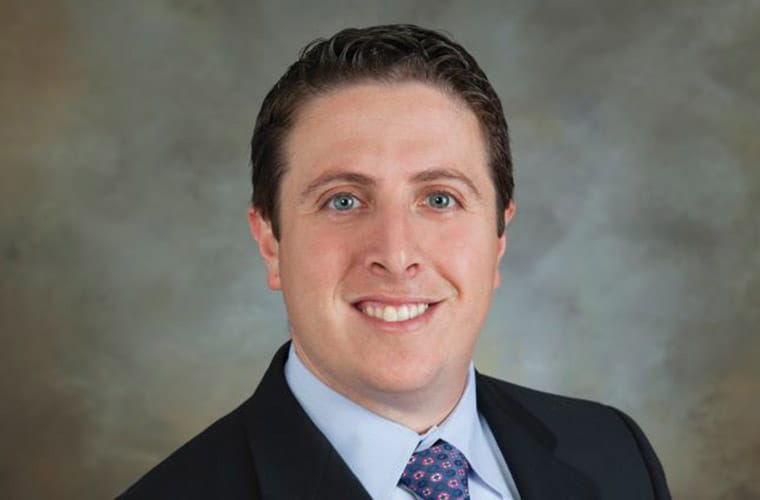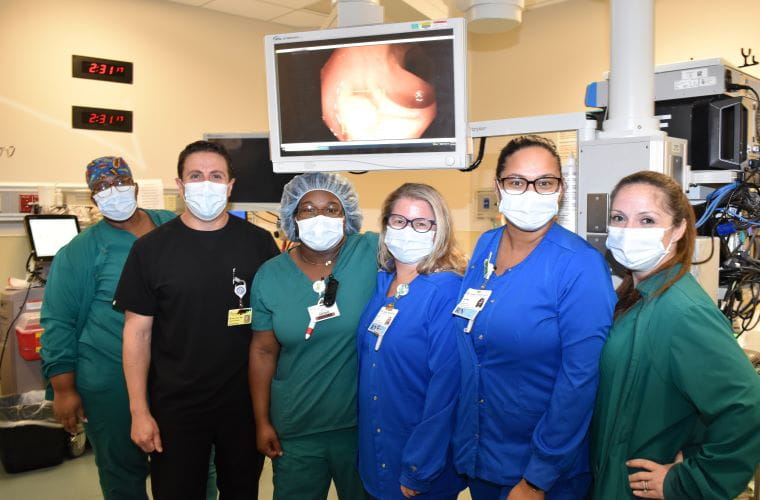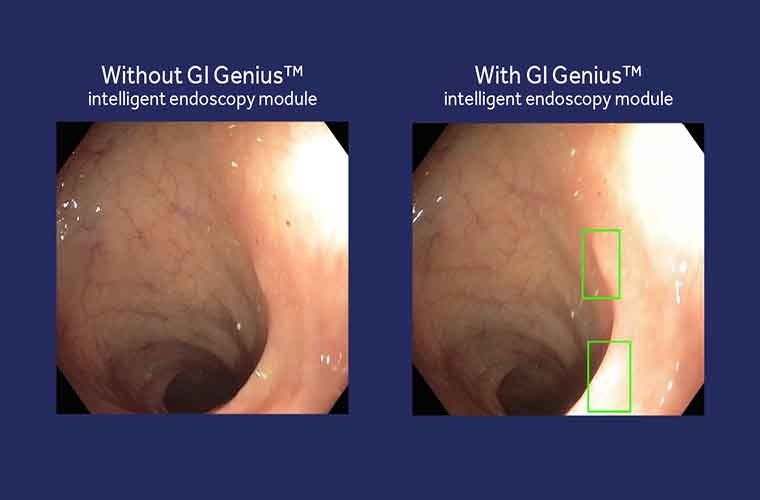St. Joseph's Hospital-North Uses Enhanced Technology for Colonoscopies

Colorectal cancer is the third most common form of cancer diagnosed in the U.S., with almost 150,000 new cases every year.
The module uses advanced artificial intelligence software to highlight suspicious polyps visually and in real-time, serving as the gastroenterologist’s second observer. It processes images using advanced algorithms that can identify and mark abnormalities consistent with polyps, including small flat polyps that might otherwise go undetected by the human eye. The abnormalities are identified and marked with a green box for the gastroenterologist to view.
Dr. Michael Small, a BayCare Medical Group doctor who is board certified in internal medicine and gastroenterology, performs colonoscopies at St. Joseph’s Hospital-North with the module. He says this technology helps better detect polyps during screening.

“This is an add-on technology to a traditional colonoscopy,” Dr. Small said. “This is a piece of hardware and software that adds artificial intelligence to the colonoscopy. It is seeing what I’m seeing. It looks for what it thinks is a polyp and draws my attention to it. I’m able to look at it and say that is something that needs to be removed.”
Studies have shown that artificial intelligence-assisted colonoscopy can increase polyp detection rates and every one percent increase in adenoma detection rate reduces the risk of colorectal cancer by three percent. Adenomas are noncancerous tumors that should be treated as precancerous because they could turn into cancer if undetected.
Dr. Small said there in no risk involved with the module.

“The risk is zero,” he said. “A colonoscopy is a low-risk invasive procedure to begin with. This adds no additional risk. It’s not an extra device that’s being inserted into a patient. This is purely visual, it changes what I see and does not change anything with what’s happening to the patient during the procedure.”
St. Joseph’s Hospital-North is the first and currently the only BayCare hospital to offer this module for colonoscopies. Other BayCare hospitals plan on adapting this technology soon at their facilities.
Dr. Small said the module is adding innovative technology to a colonoscopy procedure that’s been around for 50 years.
“It is helping me see things I might not see,” he said. “It helps me do the job I’m doing already. It increases my ability to see a polyp I might not have seen.”
For more information on BayCare cancer screenings including colonoscopies, visit https://baycare.org/honor-screenings.
